Visiting houses of worship in the United States, you can’t help but see empty pews, giving the impression that organized religion in the United States is in trouble.
Increasingly, those who study church attendance and related matters are doing the math: In a recent study that projects what faith in America might look like in 50 years, Pew Research Center found that the number of Americans who identify as religious, which has been shrinking for decades, will continue to decline as the number of those with no religion will continue to grow.
For Christianity, the nation’s largest religious tradition, there’s no mathematic model that predicts a reversal of fortunes.
Clearly, Christian leaders are worried, especially those of the evangelical persuasion, whose main goal is to spread the word and reach more people with the Christian message.
“This is the largest and fastest transformation of religion in American history,” said Collin Hansen, vice president for content and editorial director for the Gospel Coalition, an evangelical group that produces resources for churches. “The demographics don’t suggest any positive turn around the corner.”
Your tax-deductible gift helps our journalists report the truth and hold Christian leaders and organizations accountable. Give a gift of $30 or more to The Roys Report this month, and you will receive a copy of “Hurt and Healed by the Church” by Ryan George. To donate, haga clic aquí.
That reality led Hansen and his colleagues to launch the Keller Center for Cultural Apologetics, a new initiative designed to help pastors and other Christian leaders adapt to a “post-Christendom culture.”
Named for influential evangelical writer the Rev. Tim Keller, founder of Redeemer Presbyterian Church in New York City, the center hopes to support “a new generation of bold evangelists and effective apologists who will communicate the unchanging gospel for a changing world.”
Hansen, author of a new biografía on Keller, summed up the challenges facing churches this way in an online announcement about the new center: “Many of our neighbors view Christianity as yesterday’s news but also as the source of today’s problems.”
That’s far from how Christianity was seen in the past, at least in the United States and other Western cultures. In a video announcing the center’s mission, Keller argues that those cultures not only had a positive view of Christianity, they also provided a basic vocabulary of the faith, along with an understanding of ideas like sin and salvation and the basic teachings of Jesus.
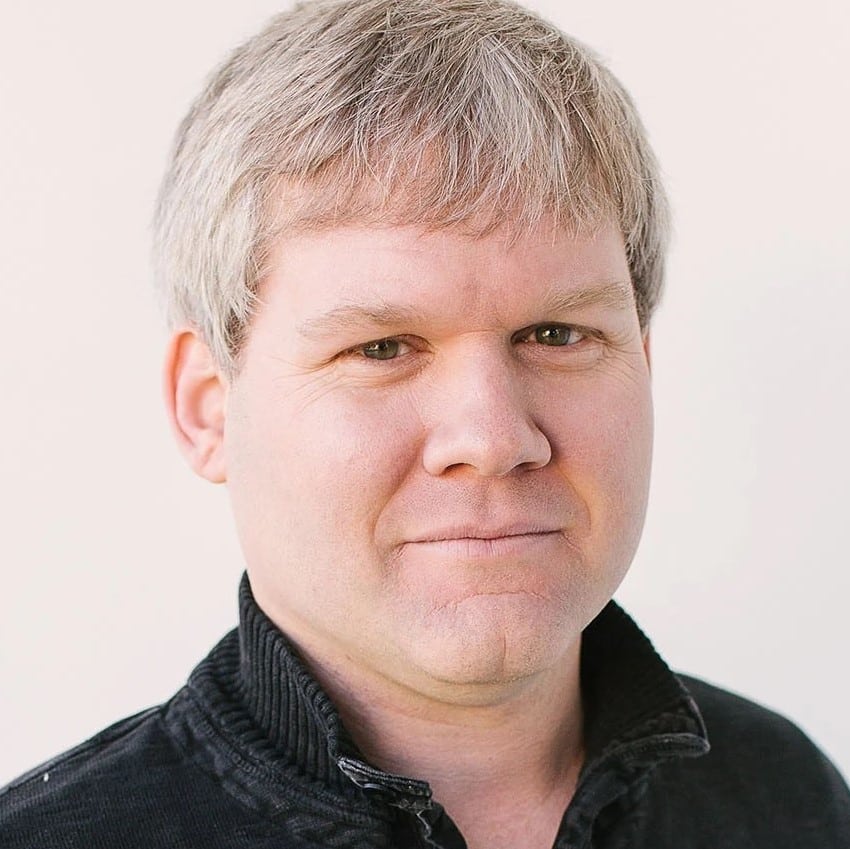
In that context, “evangelism was just connecting the dots,” said Keller. If they wanted deeper spiritual answers, people came to church.
But today’s churches can no longer rely on that cultural support. “What if you can’t get them in the door?” Keller asks. “How do you win people to Christ in a post-Christian area? And the church does not have any idea how to do that.”
Autumn Ridenour, one of two dozen experts named as fellows of the Keller Center, said she was drawn by the idea of offering “a thoughtful, Christ-centered alternative that considers emerging cultural issues with deep theological reflection, compassion, and neighbor love.”
A professor of Christian ethics at Gordon Conwell Theological Seminary, she said the center wants to pair “the transformative work of the gospel with social action and a more global understanding of Christianity.”
“I saw a connection between the ideas in The Keller Center in its desire to bring together various thinkers, pastors, and academicians and my own desire for gospel renewal and spiritual formation within the broader global church,” she stated in an email.
The center’s work will be informed by a national survey of people who have left churches, conducted in partnership with political scientists Ryan Burge, a Baptist pastor and professor at Eastern Illinois University, and professor Paul Djupe of Denison University, who both study the changing religious landscape. The findings of that study will be published in a forthcoming book, “The Great Dechurching,” co-written by Keller Center staffer Michael Graham.
Hansen said he hopes the center will help churches create space where Christians and their neighbors can meet and build friendships.
The launch of the center reflects a larger concern among evangelicals about their ability to connect with Americans in the 21S t century. Along with political polarization, exacerbated during the Trump presidency, and the growth of the so-called nones, who claim no religion, there’s been a loss of faith in institutions, including organized religion.
Ed Stetzer, director of Wheaton College’s Billy Graham Center, said Keller’s reputation for ministering in a secular urban setting makes him an apt model for the center that bears his name. “As the rest of the country becomes more like New York, they are going to want to hear from someone who has been in a similar situation and has been effective,” he said.
Hansen said he hopes the center will help people see the scope of changes that churches are facing in the culture. The loss of faith in institutional religion, he said, affects congregations across the Christian spectrum.
“We need all hands on deck,” he said. “We need to raise the awareness and urgency around this transformation.”
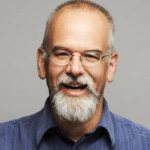 Bob Smietana es reportero nacional de Religion News Service.
Bob Smietana es reportero nacional de Religion News Service.




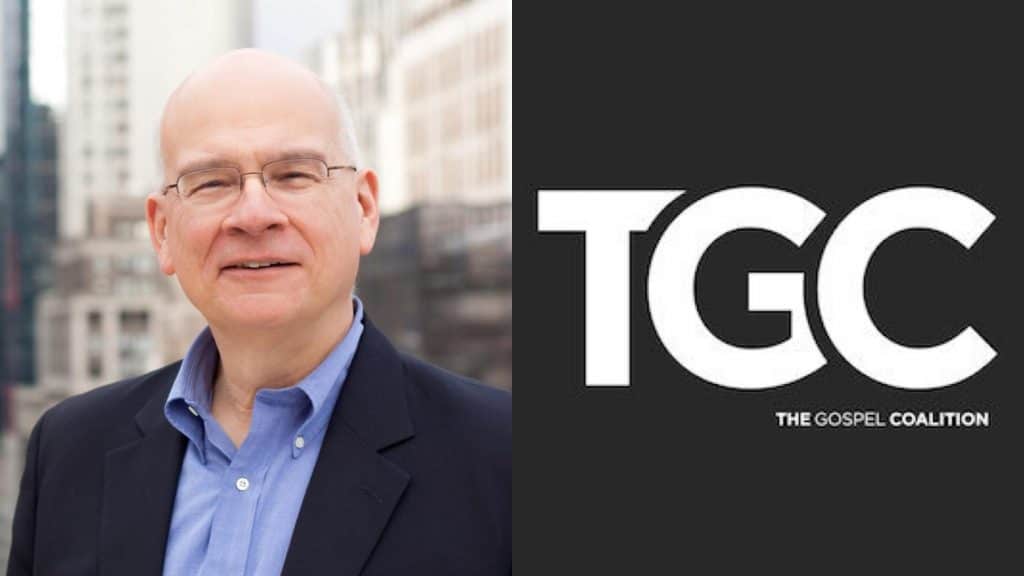

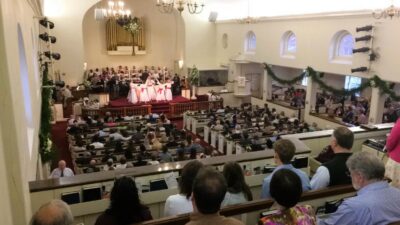
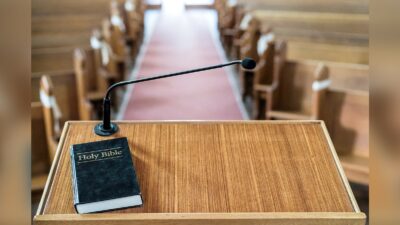

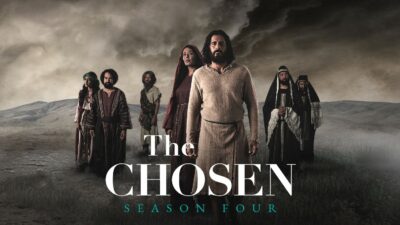










9 Respuestas
The Gospel Coalition: a big part of the problem and not any part of a solution. This group exists in order to maximize mammon and fame. But you cannot be both for Jesus and Mammon. You will love one of those while despising the other. Their wallets show which God they actually serve. It ain’t about the Gospel of Jesus but about the other guy…
goodness….. I’d say TGC & Co. (9 Marx, Acts 29, and so many others) are one of the primary sources of the problem.
As if people are going to want to be a part of authoritarian environments that protect their heroes & their own from accountability for egregious wrong doing, and which are rife with discrimination
American evangelicalism is the problem not the solution. The focus has been on apologetics and truth propositions since at least the 80s when I was coming up- the problem is that I’ve only seen this lead to smug arrogance, and I have yet to see it lead to life transformation. We have a church so focused on having the right arguments that it seems to have lost it’s actual witness all together. People outside of the church see christians as jerks trying to force their lifestyle on everyone else- which is the opposite of the example Jesus gave. Jesus lived a distinctly different life, loving the unlovable, standing against injustice, inviting people to the table, and flipping over tables of the money changers. We’ve lost all of that in the white american evangelical church, and traded our own transformation for knowledge that puffs up and make us look down on others.
Jen Manlief, I too experienced apologetics when I was coming up in the mid-80s. Years later, it occurred to me that apologetics isn’t / aren’t about teaching the saved to reach the lost. It’s more about reinforcing an individual’s already well established faith beliefs just in case any who are already saved start to waver a little. In the specific case of the new Keller Center, if this has all been prompted by attendance drops within the faith community, well, then again, it shows that apologetics is about reaching / reinforcing those who still remain. Those who left most likely did so after some serious questioning, and once they received their legit and reasonably sought-out answers, well, apologetics won’t make a difference. As the saying goes, the horse has left the barn.
In the sharing of the gospel, there are two elements, the content and the delivery. It seems that there are some who are responding to a poor delivery and blaming the content. Others may have experienced a content without the lowering of the barriers to Faith that apologetics brings, Regardless of the quality of the delivery, the hearers head will still be full of internet opinions. Every Christian is to translate the Gospel into the language that their hearers can understand.
The “word” American evangelicals have been spreading is worship and adoration of Trump, election lies, covid lies, and conspiracy theories. They can’t disappear from society fast enough.
Since that’s the problem what’s the remedy?
I am going to push back a little here…
Timothy Keller has much experience to share in the area of ministering to unchurched people and has been given the gift of writing and persuasion. This may help..a bit.. with clarifying what it means to be made in God’s Image and how biology backs this premise. I thought I might lose my job because I would not take “The Jab” nor use my “Pronoun” and it was tough. I doubt any young person could explain the biblical concept of marriage and sexuality nor be able to push back against “extreme individualism”. Keller’s gift is in engaging our culture.
We can study the early Church and its response to paganism. Fortunately or Unfortunately this will entail sacrifice and being willing to pay the price (I speak of myself here). They won people over by their love for one another, care for the poor and downtrodden, and the willingness to suffer torture for their faith. I do not know about you, but I would rather be shot than have my persecutors devise new ways of torturing me. We may not suffer in this manner but you could lose your job and have your reputation smeared and discounted or be .. called…a…racist…
Best Wishes to our Family in Christ
“Organized religion”, might be in trouble, Christ’s Church is not. Christ’s Church is not dependent on a “mathematic model that predicts a reversal of fortunes. “Christian leaders are worried” but should not be, we are commanded not to worry. I don’t know why we have to “adapt to a post-Christian culture”, the need of sinners for a savior and the good news of the Gospel is still and always will be relevant. The world has never had a “positive view of Christianity”. Christ’s church can thrive in any culture or political system. “What if you can’t get them in the door?”Keller asks. “How do you win people to Christ in a post-Christian area?” “And the Church does not have any idea how to do that”. That last statement is an indictment on our Church leaders and Christian’s not know their Bible. You don’t have to “get people in the door” to share the Gospel. Oh, and they have to give some blame to Trump, not ourselves. This article of a bunch of worried Church leaders is pitiful. Know your Bible and live it ,be involved in a Bible teaching Church, have friendships with non saved people, and share the Gospel with others.